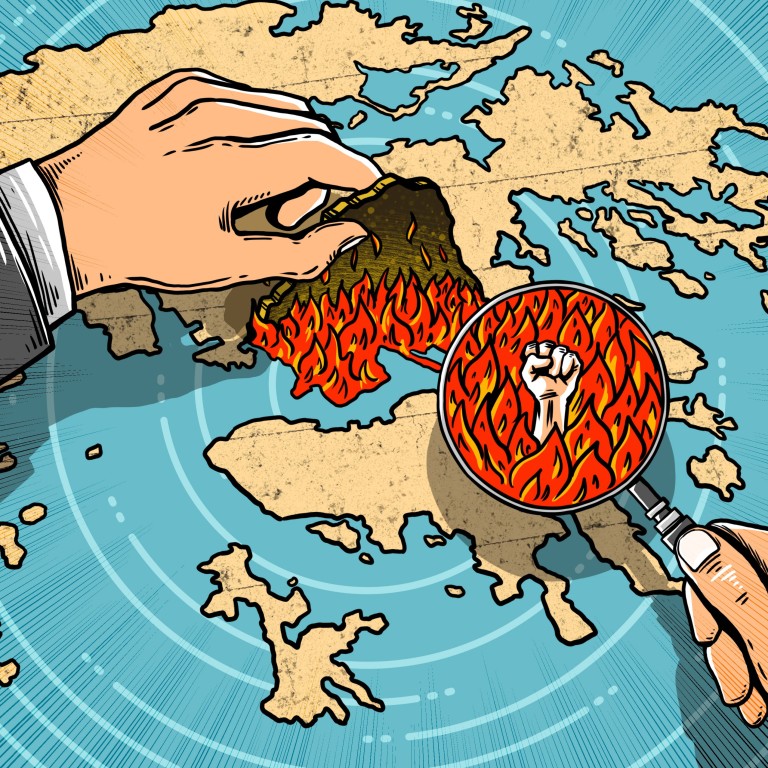
Hong Kong: a city locked in stalemate with no end in sight
- Six months after the first mass rally over the ill-fated extradition bill, Hong Kong remains in turmoil
- What happens if Hong Kong leader and Beijing choose to simply stand still and continue waiting for the storm to pass?
Six months after Hong Kong began its season of discontent, with mass protests, street violence and crippling disruptions, there is still no indication as to how it will end, or when.
There was a respite of two weeks around the landmark November 24 district council elections, which swept aside pro-establishment candidates and installed pan-democratic majorities from the opposition in 17 out of 18 districts, a stunning reversal attributed to the months of protests and voters’ deep dissatisfaction with the government.
But radical protesters and their supporters were out again on December 1, clashing with police and driving home the message that they would not be satisfied until all their demands were met.
But the protest movement wants more, especially a commission of inquiry into allegations of police brutality, and beyond that, universal suffrage for the city.
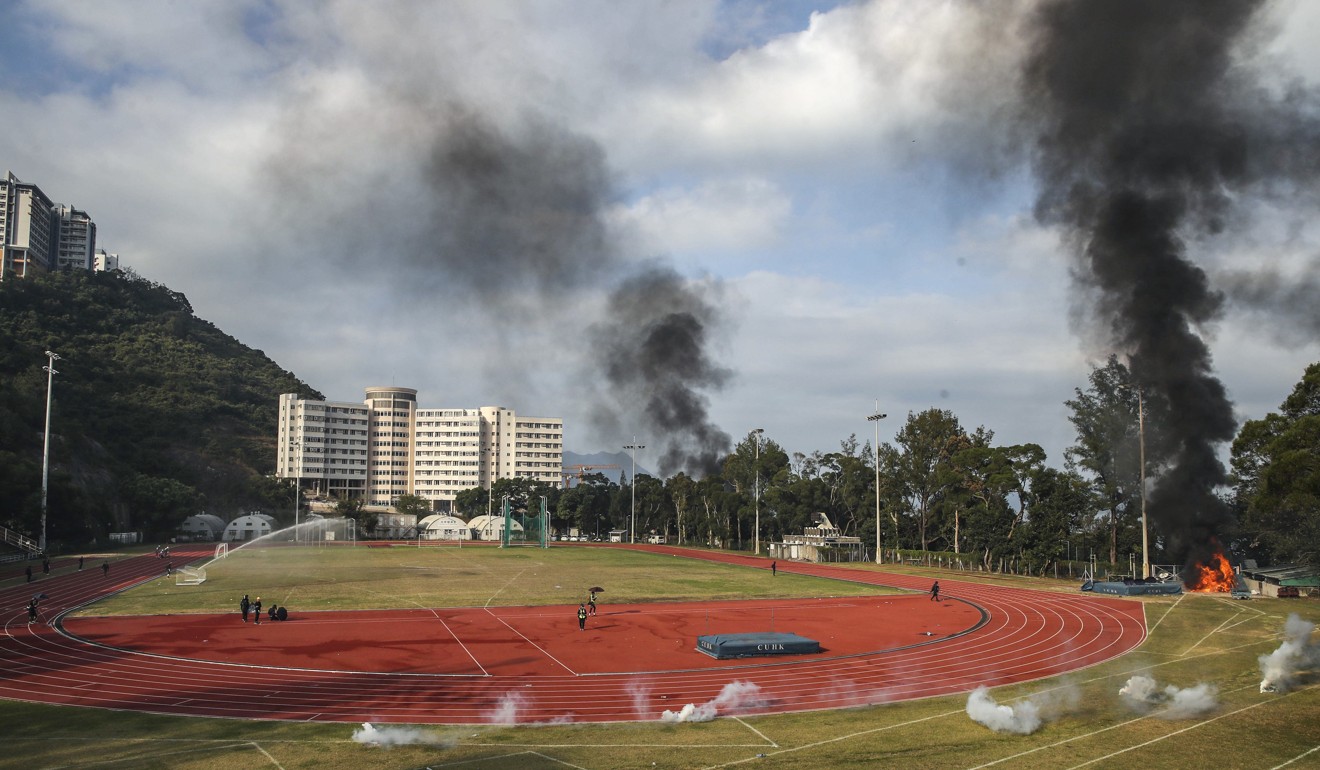
Nor is Beijing in a rush to force-fix the problem. Those who have spent the past six months expecting the central government to crush the protest movement with a Tiananmen Square-style response are still waiting. Despite references in the international media to the bloody June 4 crackdown of 1989 on student protesters in Beijing, nothing of the sort has happened in Hong Kong.
So, after half a year of protests, the key question is, what happens if Lam and Beijing choose to simply stand still and continue waiting for the storm to pass?
Commentators warn of an even bigger political crisis if the local government fails to address the deep-rooted grievances of Hongkongers, who made their voices heard loud and clear at the ballot box last month in the district-level election that was more of a de facto referendum on the extent of public support for the protest movement.
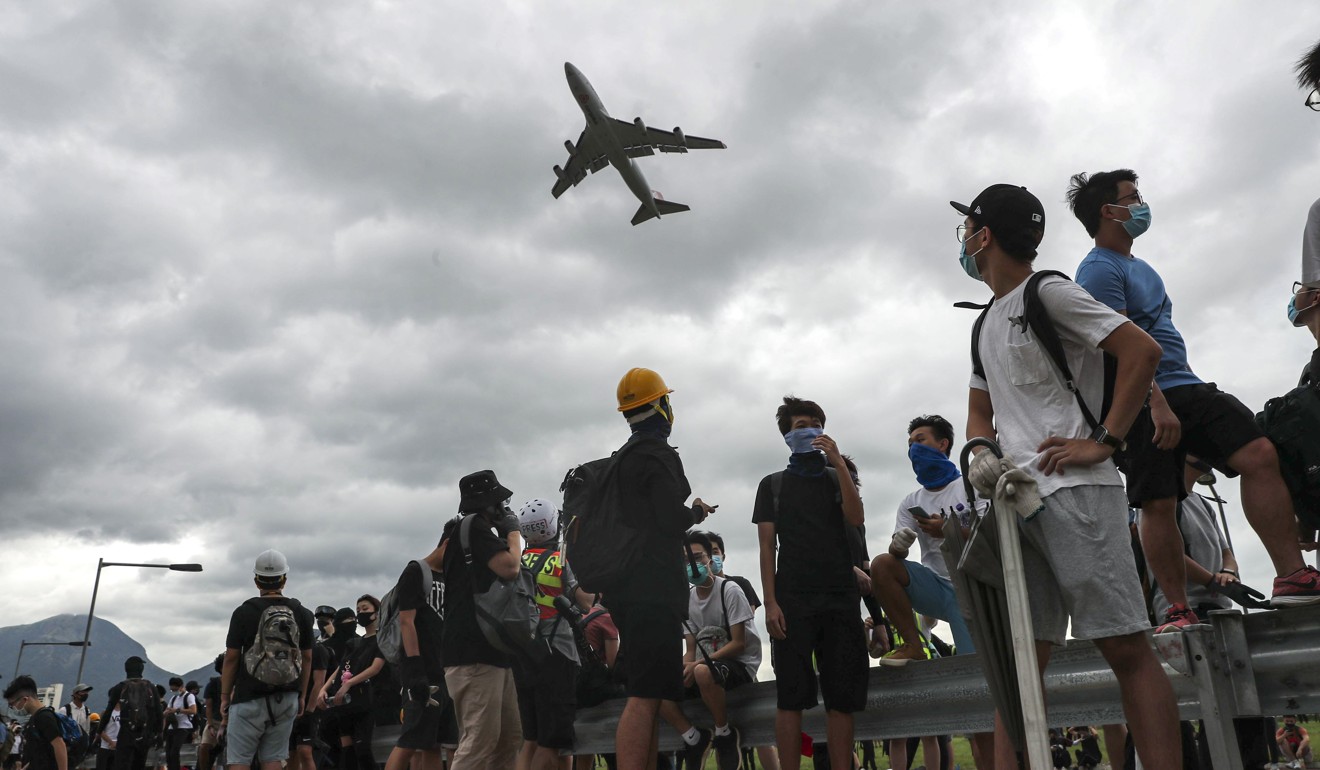
Executive councillor Ronny Tong Ka-wah does not expect Beijing or the Hong Kong government to make any major concessions to public demands any time soon.
Speaking in his personal capacity, Tong, 69, said he expected an escalation of confrontation in society over the coming years.
“There is not much hope for restoring harmony and relaunching political reform in the years to come. I expect a stalemate in Hong Kong in the next few years,” he said. “I’m resigned to the fact that I won’t see the attainment of universal suffrage in my lifetime.”
Instead, he said, her response since then had been “pathetic”.
Spelling out the choices for Lam, he said: “You could have announced a commission of inquiry and after the inquiry report is published, be willing to consider amnesty for those arrested during the protests. You can also start a public engagement through the district council network on how to achieve universal suffrage.”
Lam has done none of that, leaving Leong to see it as arrogance reflecting her unsuitability for the post of chief executive.
Once the golden opportunity is missed, I don’t see the possibility of an amicable end to the current crisis
“Once the golden opportunity is missed, I don’t see the possibility of an amicable end to the current crisis,” he said.
A government-friendly businessman added that Lam was likely to stay on until the end of her term in 2022 because Beijing would find it difficult to put someone else in the hot seat before that.
A Hong Kong government official said that while political problems might be best resolved by political means, a solution was not available at the moment.
The fact of the matter, the official said, was simply this: “The government needs to continue to rely on the police to stop violence and restore order.”
Today marks exactly six months to the day since the protest movement took off on June 9.
“I took part to oppose the government’s failure to heed public opinion and express my anger with the pro-establishment camp, which was adamant that they could pass any unpopular legislation with their majority in the Legislative Council,” she said.
Choy, who is in her mid-40s and works in her family’s trading company, never imagined that day’s march would grow into a sweeping civil disobedience movement.
“I didn’t expect the protests to turn increasingly violent or that the ensuing social unrest would have no endgame in sight,” she said, adding that she had taken part in two other peaceful rallies.
Despite the inconvenience caused by the protests, I think the government is to blame for the ongoing crisis
“Despite the inconvenience caused by the protests, I think the government is to blame for the ongoing crisis.”
Six months on, Choy admits she is surprised by the protesters’ perseverance and tenacity.
“Radical protesters’ actions, such as vandalising shops regarded as having links with Beijing, have really crossed the line,” she said, while expressing her determination to continue supporting the movement.
Several opinion polls indicate that most Hongkongers support an independent inquiry, but Lam has insisted on leaving all questions over police conduct during the protests to the watchdog Independent Police Complaints Council (IPCC).
Sources have told the Post that the government will consider setting up a commission of inquiry only if the public is dissatisfied with the IPCC report, due by early next month. The government is also in the process of setting up an independent review committee to look at the causes of the protests, similar to Britain’s response to the London riots of 2011.
In September, Lam said she would invite community leaders, professionals and academics to examine society’s deep-seated problems and recommend solutions.
But some government allies and the likes of former transport and housing minister Anthony Cheung Bing-leung have said the review committee was unlikely to satisfy those demanding an independent probe.
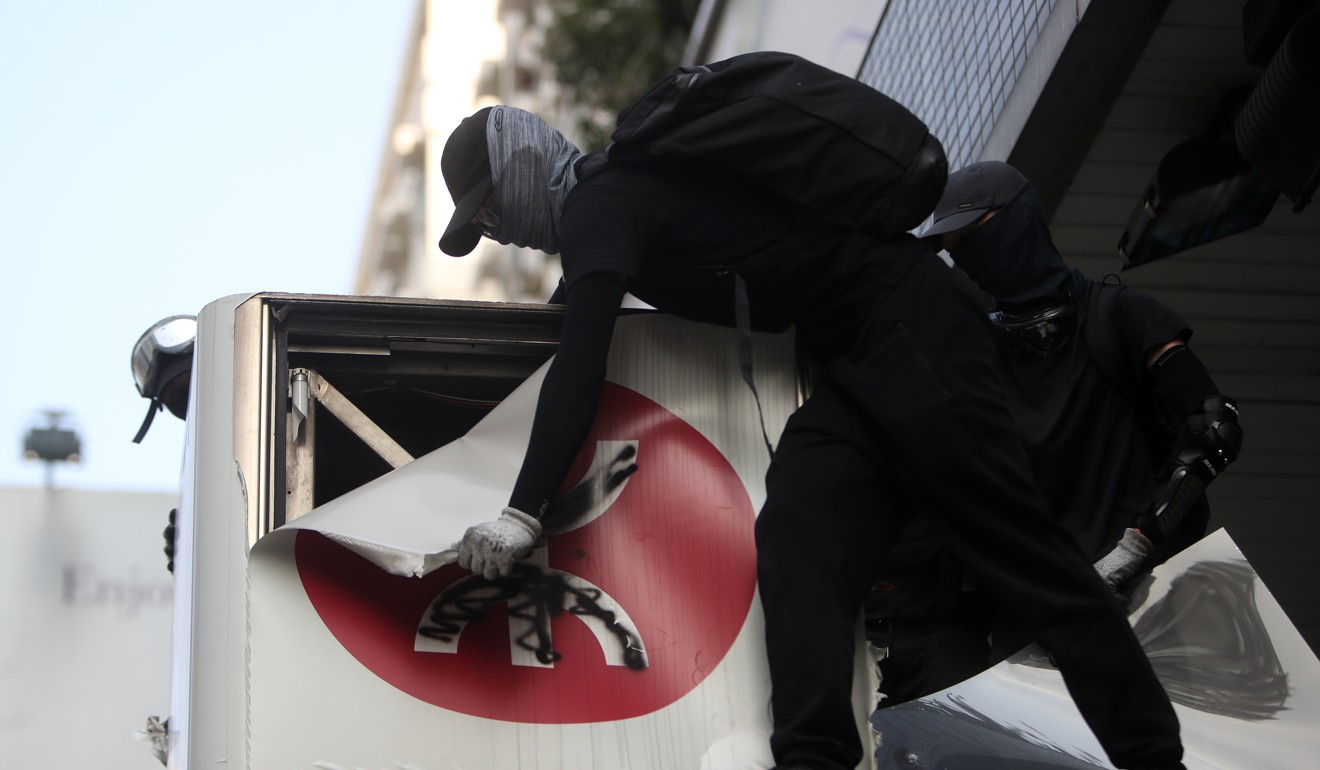
Stephen Chiu Wing-kai, chair professor of sociology at the Education University of Hong Kong who has researched the London riots, said a review committee was no substitute for a commission of inquiry with statutory powers to conduct a full probe.
Anna Wu Hung-yuk, chairwoman of the Competition Commission and a former executive councillor, said she feared there would be no real closure without an independent inquiry.
“Protests will continue in the months ahead if people feel their demands for a fact-finding inquiry into police’s use of force in recent months are not satisfied,” she said.
A source close to the government conceded that a review committee might not satisfy the demands for a commission of inquiry with powers to obtain all relevant information and summon witnesses.
“A commission of inquiry with statutory powers is the best way to address public concern over alleged police brutality and look into the causes of the anti-government protests,” the source said.
A person with knowledge of the thinking of the central and Hong Kong governments said there was also a need to take into account the police force’s firm resistance to holding an independent inquiry.
“What happens if police officers resort to passive resistance, such as taking sick leave en masse?” the person asked. “If it came to that, should the People’s Liberation Army step in? Would Hong Kong people accept the PLA’s Hong Kong garrison helping to maintain law and order in such a scenario?”
The Civic Party’s Leong dismissed the idea of a possible police strike and the PLA stepping in as “fear mongering” by government-friendly figures.
If such scenarios come to pass, Hong Kong will become a police state. There is no way for Hong Kong people to back down
“If such scenarios come to pass, let them happen and Hong Kong will become a police state. Hong Kong will go to ashes with the People’s Republic of China. There is no way for Hong Kong people to back down,” he said.
While conducting an independent inquiry has been cemented as a core demand of the protest movement, some Beijing loyalists are more concerned about ending the violence and just want the government to put greater effort into restoring order.
Ng Chau-pei, president of the pro-Beijing Federation of Trade Unions, suggested the administration hire retired judges and use government lawyers to speed up prosecutions of those arrested in connection with the protests.
As of November 28, only 921 of 5,889 people arrested during protests have been charged.
“The deterrent effect would be higher if more are brought before the courts and convicted,” Ng said. “The government should also consider invoking emergency laws to clamp down on media outlets which incite violence.”
Ng said Secretary for Justice Teresa Cheng Yeuk-wah, Secretary for Security John Lee Ka-chiu and Secretary for Education Kevin Yeung Yun-hung should be more proactive in bringing about an end to the violence.
The source with knowledge of the central and Hong Kong governments’ thinking noted that Lam’s administration had repeatedly emphasised the need to stop the violence.
“However, taking Panadol can only bring down the fever but can’t really cure the disease,” the source said.
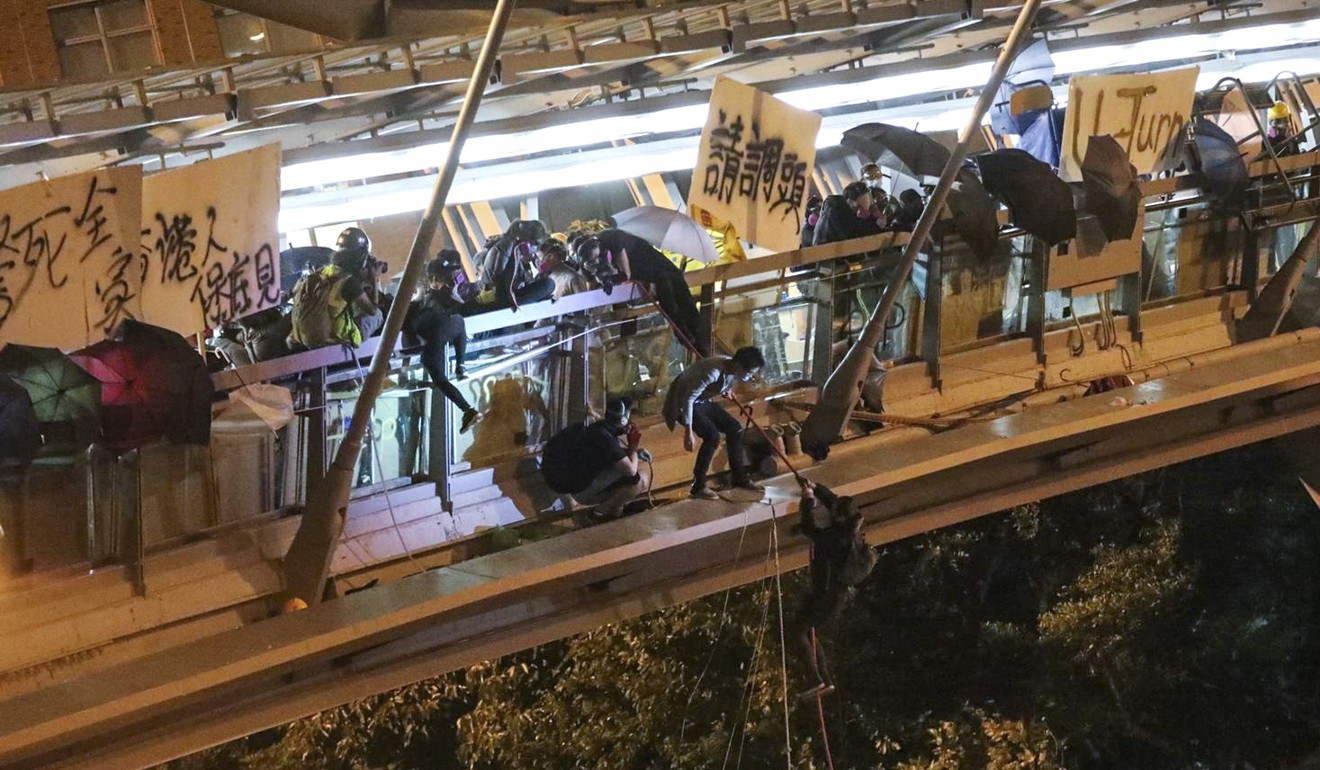
Come January, a crop of newly elected, youthful councillors will start work in a dramatically changed political landscape where opposition pan-democrats will control all but one of the city’s 18 district councils.
They include people in their 20s, first-time candidates, ordinary workers and professionals who rode the tsunami of dissatisfaction with the government to defeat pro-establishment candidates, veteran politicians and those who held office for decades.
The district councils are largely municipal bodies, with no powers to determine policy. The new councillors will have to pay attention to matters of public hygiene, bus services, and various other needs of residents.
But with the stalemate between the protesters and Lam’s administration looking set to continue into the new year, there are bigger political issues at stake and the stunning results of the district council elections may have further repercussions.
Analysts and key figures within the pro-establishment camp expect candidates from the bloc to be punished again in the Legco polls to be held in September.
Seventy seats are for the taking, with half of them returned by geographical constituencies. The remaining 35 seats are returned by trade-based functional constituencies.
In the 2016 Legco elections, pan-democrats and localists won 30 of 70 seats and pro-establishment candidates secured 40.
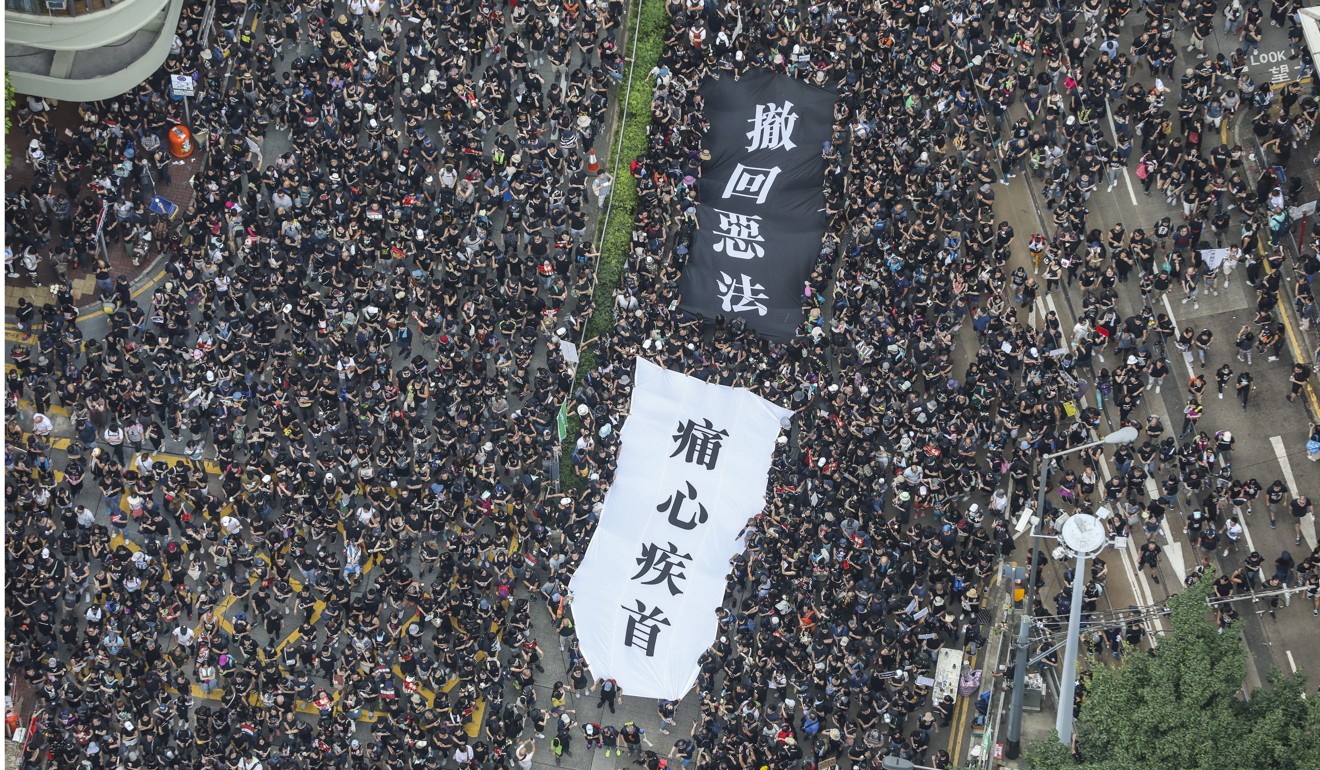
Opposition politicians could grab 34 seats or more in next year’s elections, according to some estimates, making it more difficult for the government to get its bills and policy initiatives passed in the legislature.
The impact of the district council elections might be felt beyond the Legco polls, also influencing the election of Hong Kong’s next chief executive, due in 2022.
The committee comprises the city’s business elite, professionals, unionists and politicians, and developers are represented strongly among them.
Nearly 100 members of the 1,194-strong Election Committee that selected the chief executive in 2017 directly represented property developers and their business associates. This figure did not include those with indirect and less obvious connections with the property giants.
If the pan-democrats deliver a similarly stellar performance in the Election Committee polls in 2021, it could bag a total 443 seats. Taking the seats to be grabbed by the business sector into account, the opposition could join hands with the city’s tycoons to become kingmakers in the election of the next chief executive.
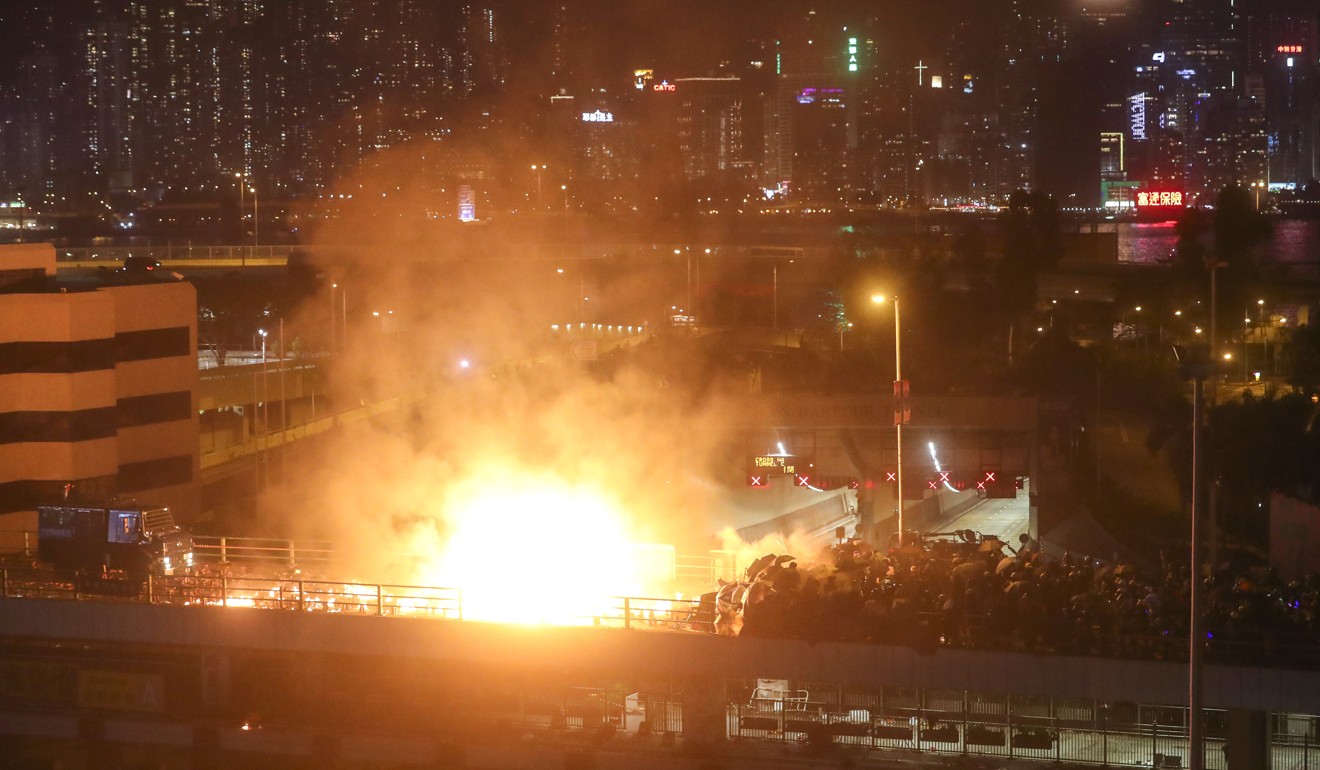
A candidate needs 601 votes from Election Committee members to secure the top job.
“Beijing will only allow one candidate from the pro-establishment camp to run in the next chief executive election to minimise the risk of a pan-democratic contender accidentally winning the top job,” executive councillor Tong said.
Each of the 2012 and 2017 chief executive elections had two candidates from the pro-establishment camp contesting the position. Two years ago, Lam became the chief executive after beating former financial secretary John Tsang Chun-wah.
SCMP series | Insights into Hong Kong protests
The source tapped into the Hong Kong and central governments’ thinking said the pan-democrats’ successive victories in various tiers of elections would force Beijing to rely more heavily on the business sector and tycoons.
“The business sector’s bigger say would tie the government’s hands in tackling deep-rooted livelihood issues such as housing and land supply,” the source said.
They might be barking up the wrong tree, if one were to listen to the voices of protesters such as Suzanne Choy, who intends to carry on taking part in peaceful protests in future.
“The reason is simple: to let Beijing and the rest of the world know what the Hong Kong government has been doing is unpopular,” she said.

